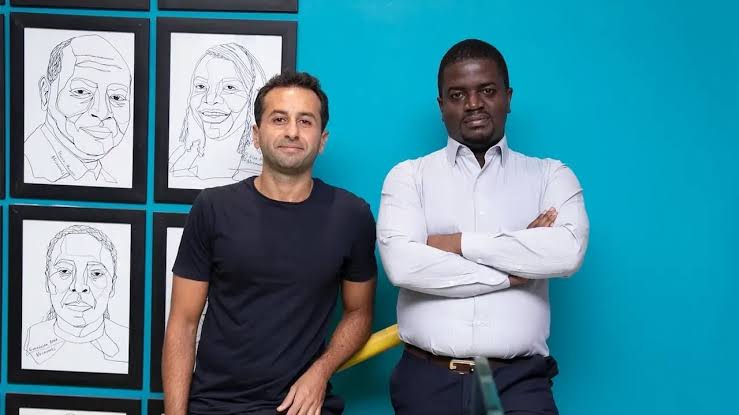A $69 million (CFA 40 billion) innovation fund was officially instituted in Yaoundé, Cameroon, on Monday, May 5, to support DeepTech ventures throughout Francophone Africa.
The fund, which is supported by the African Guarantee Fund (AGF) and the African Intellectual Property Organisation (OAPI), is designed to fund 1,000 innovation-driven initiatives in the 17 member countries of OAPI over the next five years.
This initiative is designed to provide financial and technical support to startups and SMEs in artificial intelligence, biotechnology, advanced manufacturing, and clean energy.
AGF will offer credit guarantees to reduce lending risks, helping startups access bank loans more easily.
Alongside financing, the fund will provide mentorship and commercialization assistance to help innovators bring patented technologies to market.
Denis Bohoussou, OAPI’s Director General, explained that the fund tackles long-standing issues in scaling African innovation. “Previous initiatives, such as the African Innovation Fund, had limitations. This new approach is comprehensive, combining financing, technical assistance, and industrial partnerships to create a sustainable ecosystem,” he stated
How the fund will operate
The fund will focus on high-impact DeepTech projects with several key supports:
Guaranteed loans to reduce risk for lenders.
Mentorship programs guiding startups from idea development to growth.
Connections with manufacturers and investors to accelerate expansion.
Customised assistance throughout the project lifecycle.
The first call for applications is expected in the third quarter of 2025, targeting 200 projects in its initial year.
This fund launch comes amid challenges African countries face in turning research into market-ready products.
According to the 2024 Global Innovation Index, countries like Mauritius, Morocco, and South Africa lead in innovation output on the continent, with South Africa leading in patent filings.
However, many Francophone African countries lag, and access to risk capital remains a significant hurdle for DeepTech startups.
While the fund is promising, it faces challenges such as bureaucratic delays and uneven banking infrastructure across member states like Senegal, Ivory Coast, and Cameroon. Analysts note its success depends on efficient fund distribution and strong public-private coordination.
The initiative reflects a growing institutional interest in fostering Deep Tech innovation in Africa. It aims to nurture local solutions for pressing health, energy, and manufacturing challenges.
The fund’s backing includes international partners from Denmark, France, Germany, and the U.S., highlighting global confidence in African Deep Tech potential.
















